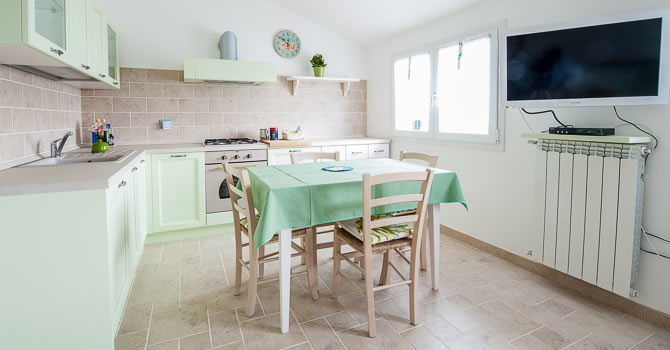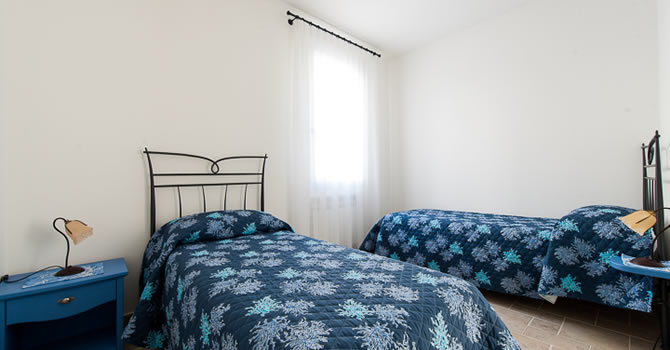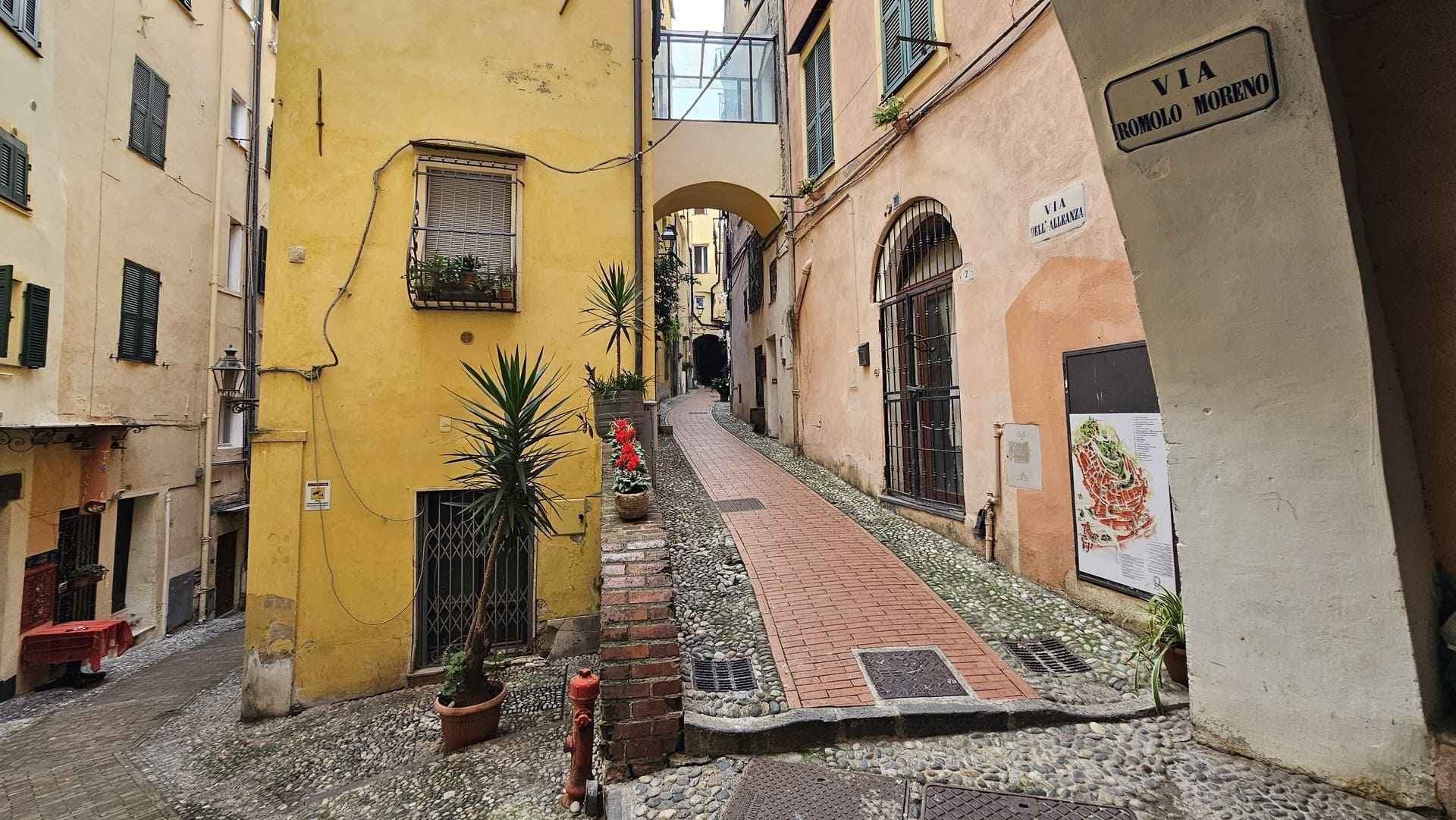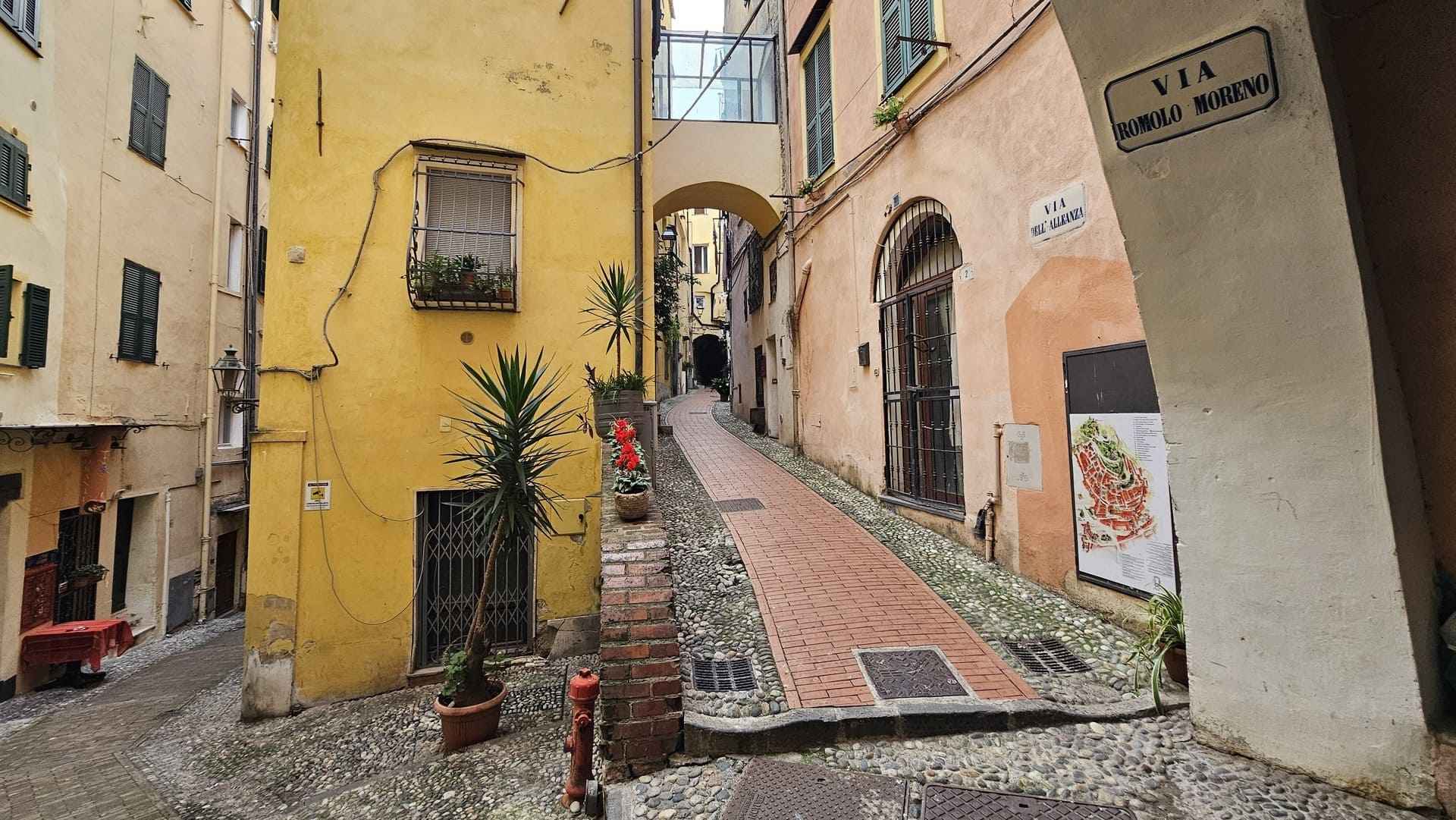
Agricultural production
How the lemons are grown in our farm
March 20, 2020
The lemons: with their intense color give liveliness to to the gardens overlooked by our holiday apartments in Diano Marina.. Arrived from the East the lemon plant is part of everyday life in the countries that overlook the Mediterranean for centuries.
So the Ligurian landscape, as well as its cuisine, is filled with the yellow of this fruit.
The lemon plant in Liguria
The lemon tree was imported into Liguria in the 15th century. Although the production is not comparable to that of southern Italy, even here we could not imagine our terracings without these precious fruits.
In West Liguria, citrus fruit cultivation began to establish itself in the 17th century. The reference market was Provence, but soon Ligurian lemons began to be exported even overseas.
In the area of Ventimiglia, in the early eighteenth century, the "Magistrato de' Limoni" was established, with the aim of governing the harvesting and sale of local production. Thanks to the creation of appropriate "Chapters", the products and their price were defended on the market.

The S.P.O.L. in Sanremo
In the 19th century in Sanremo the lemon producers organized themselves into a corporation called Società Proprietari Orti di Limoni (S.P.O.L.). The team of "limunàri" was composed of:
- five men and three women for the harvest
- one or two mules for transport
- a "càpu" who represented the owner
- a "sensà" who was acting as the buyer.
- a secretary of S.P.O.L.
The men's task was to collect the citrus fruits and deposit them in a large common heap. The women, as often happens, carried out a precision work: with a cutter they cut the stalk and selected the best fruits. Once the counting was over, the secretary would give the owner of the field a ticket with the number of fruits harvested. In this way he could collect the amount for the company.
Finally, the harvest was transported by the mules, or by the women (called "camàle") who loaded the fruits on their heads and brought them into town for sale.
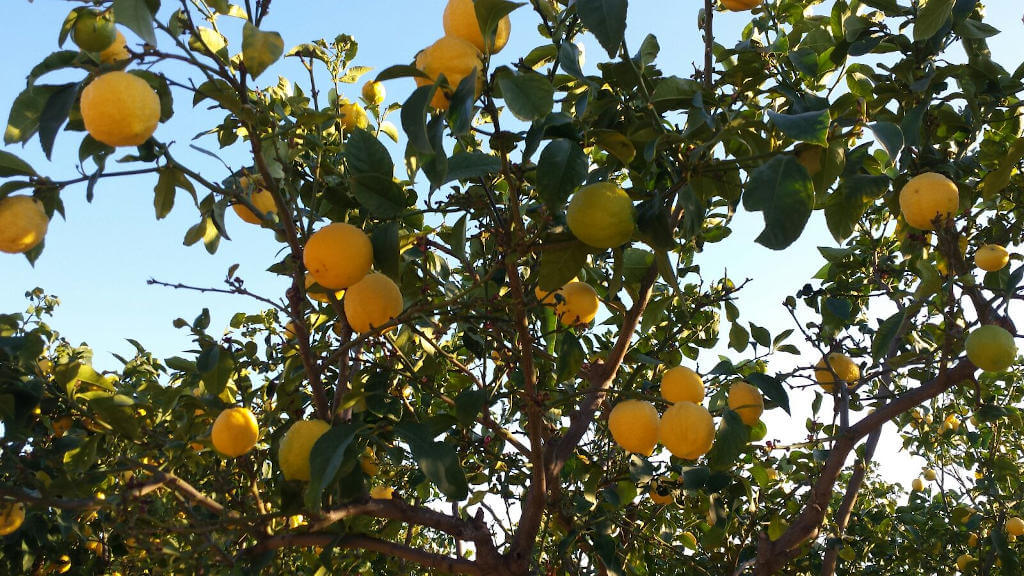
The lemons of the Cinque Terre
Currently the lemons of the Cinque Terre are also very appreciated and well known, in particular those of Monterosso, where an important festival is held in May.
We cannot fail to mention the Genoese poet Eugenio Montale, who dedicated a famous poem to lemons, making them a symbol of his aesthetics. It was in Monterosso Montale that he spent his holidays with his family, during his childhood and youth, and drew inspiration for his compositions.
Why sing of exotic flowers with highsounding names - the poet tells us - when every day in front of us we have lemons to remind us of the beauty of simplicity?
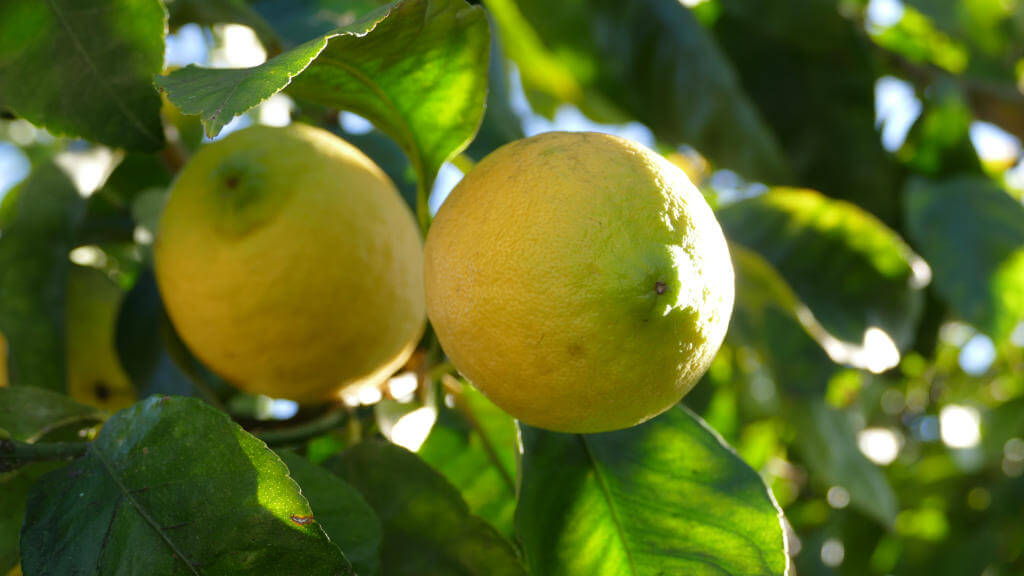
How we take care of our lemon trees
On our farm we have about 20 lemon trees. You can find them everywhere, between the greenhouses and the house. We planted them 30 years ago, already big and grafted on. They are of the 4 season variety and provide us from 2 to 10 quintals of lemons every year. This also depends a lot on the elimination of their excess branches. It is a very resistant type of plant, which can withstand low temperatures well and bears fruit all year round. Just think that they do not need any pesticides, and this also makes their peel edible.
Pruning plants
The only treatment for our plants is pruning. This is done once a year and is essential to ensure lush growth. The best period is the end of winter, to allow the plant to regenerate with the arrival of spring. Suckers should be eliminated because they take nutrients away from the other branches that produce flowers. Even those that are dry or affected by frost must be cut with suitable scissors. In this way the plants are easily invigorated and bear fruits.
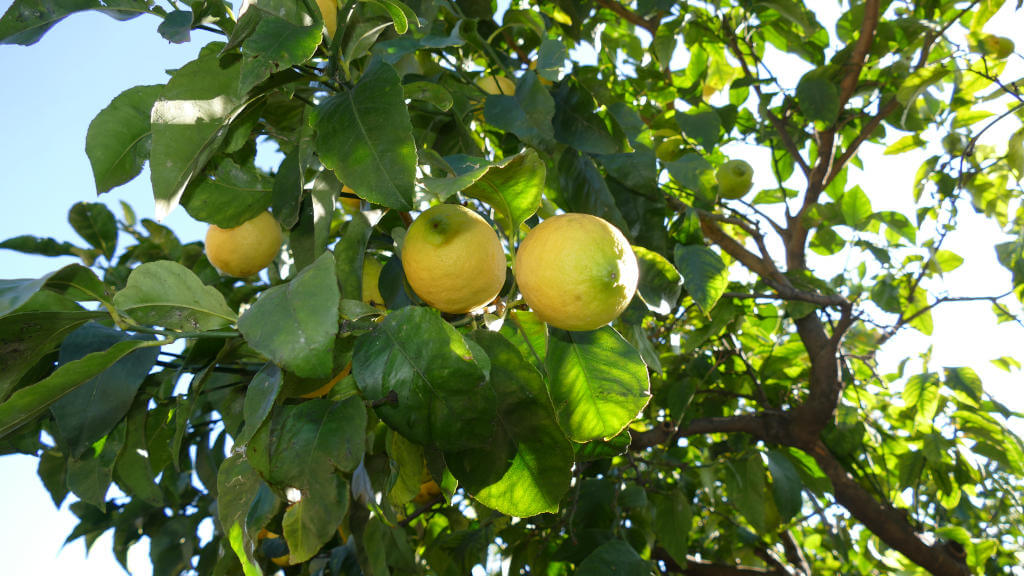
Collection and sale
As we have already said, our plants produce lemons all year round. Their harvest is therefore not tied to a season and does not involve any particular difficulties. We harvest the fruits from the tree when they are well ripe. Lemons can stay on the plant for a long time, but they can ripen even after they have been extracted from the branches. For this reason in intensive cultivation citrus fruits are often harvested still green and then handled and treated with products that do not make it safe to eat their skin.
As the guests of our farmhouse know, this does not happen here. Our lemons are organic and we gladly offer a welcome basket to those who stay at the farm.
Since we do not have a large quantity of plants, we cannot guarantee distribution in supermarkets, so we prefer to concentrate on direct sales.
One way to get even closer to the customers and guests of Agriturismo Le Girandole, is to guarantee them the fragrance and taste of our lemons.
Some of the historical information has been taken from the website: https://www.cumpagniadiventemigliusi.it/vecchiosito/Alimentazione/Limoni_locali.htm
Listen to all podcasts published on our official channels:
